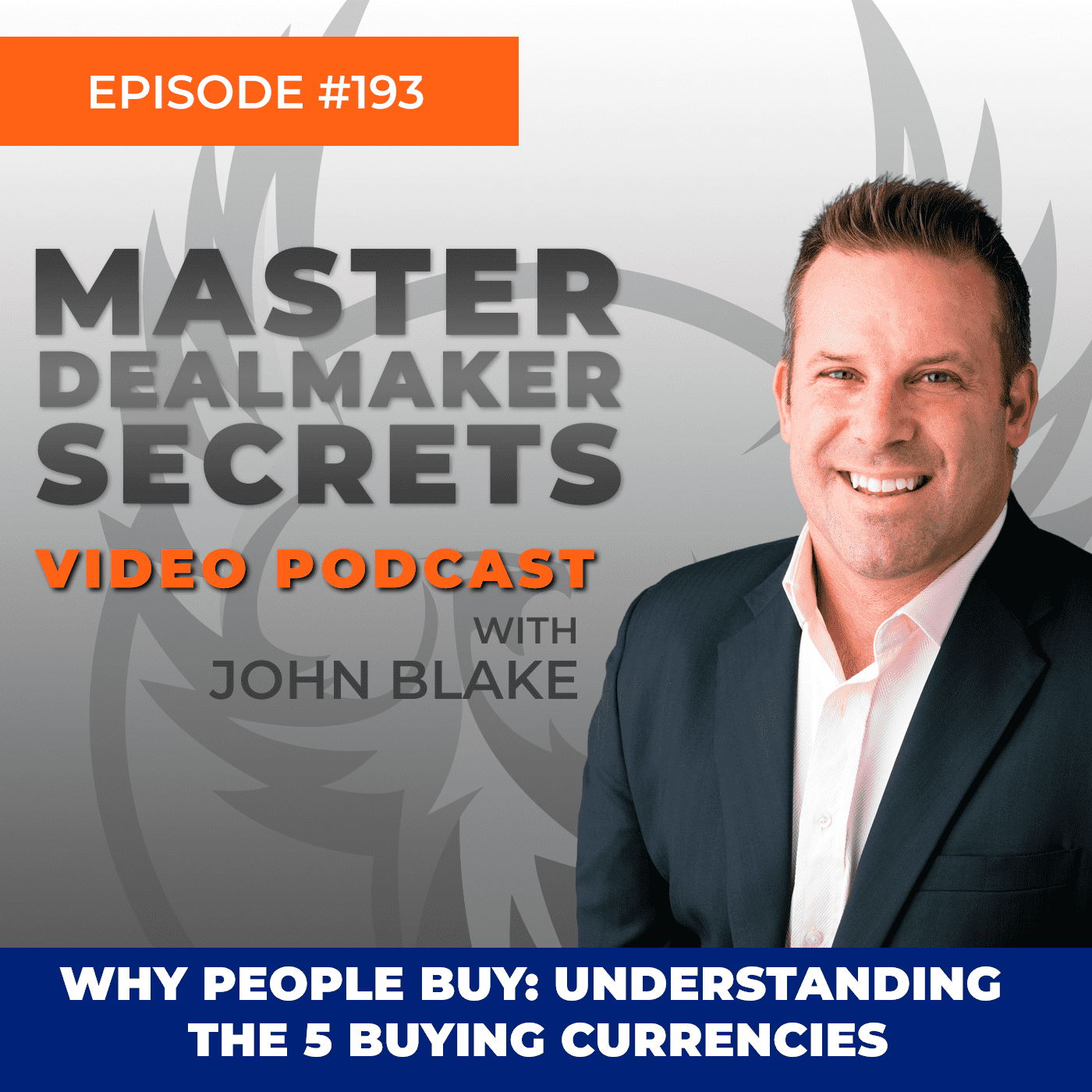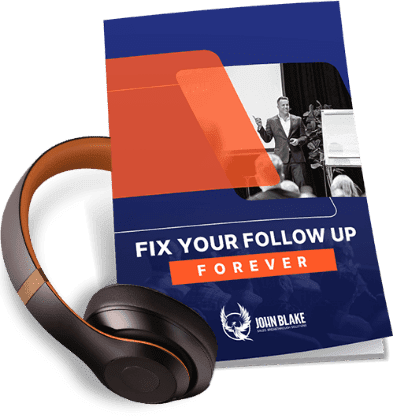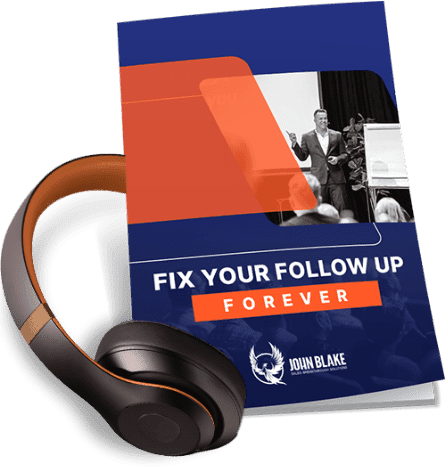Are you talking yourself out of sales?
I’m writing to you sitting here on my blue fit ball in my Fremantle office. I just got back from Geraldton (bout 5 hrs drive from Perth) where I was working with advertising clients yesterday.
Recently, I have been reminded about the power of language and the role it plays in making or destroying your sales.
The words we use are infinitely powerful and many people in sales and business, regardless of what business you’re in tend to pay little or no attention to this.
Let me give you a couple of example of words to avoid at all costs.
Never use the word “CONTRACT”, why? Because people fear getting locked into a contract. And while we’re on that never say “LOCKED IN”, why? because people don’t like to be locked into anything.
Instead replace contract with “paperwork” or “agreement” and replace “locked in” with “arrange” or “organise” or “dilled in”.
I have a stack more on this that I will be covering in my upcoming online training, which by the way if you want to get on the pre notification list – contact me.
There’s a book I have just ordered that is called “Often Wrong Never in Doubt”.
Which means that in business to be successful you need to make solid calls and back yourself.
I mean who really knows if you’ll be wrong OR right (about anything) but one things for sure being unsure can spell disaster in the eyes or either existing or potential clients OR employees.
So what’s THAT got to do with sales?
Everything and here’s why…
If you are selling something, even the slightest doubt on your behalf can cost you a sale.
Words like “if” or “might” or “maybe” are vague and cause doubt in the mind of your prospect – mostly on a subconscious level.
Meaning they will get a “feeling” that it’s not right for them and probably won’t know why?
Replace words like “might” or “maybe” with “when” and “once you own” or “after you own” – which assume they are going ahead.
The technical term for this is “switching the referential index” meaning.
Buying goes from being external to your prospect to assumed they are going ahead.
You best way to do this is a subtle shift in the referential index as you move through the sales conversation. For example, you might at the beginning of a sales conversation use language like.
“Throughout the program we go through the entire existing sales system to uncover exactly what is working now.”
Then once you are 1/2 to 3/4 of the way through the sales conversation you can switch the referential index by using language like.
“When we look at your sales incentive scheme we will identify the best mix of team versus individual incentive as it relates specifically to your business.”
So as you can see it’s a subtle shift but the assumption is a massive difference – in the first instance it’s a third party reference and in the second instance it’s assumed that the client is on board.
Which means from a listeners perspective they see themselves in that role which means they are way more likely to buy.
Naturally the opposite can apply if vague descriptions like “if” and “maybe” and “possibly” are peppered through the sales conversation.
The freaky thing is many sales people simply don’t even know they are doing this.
I will be covering a lot of this in the business to business on line training program I am putting together but for now, I hope this is useful.
ACTION STEP:
Record yourself having a sales conversation with a client and get it transcribed. Have a look at the words you are using and see if you are pointed in the right direction with your language. This can be a massive eye opener and could potentially make a huge difference to your sales.





